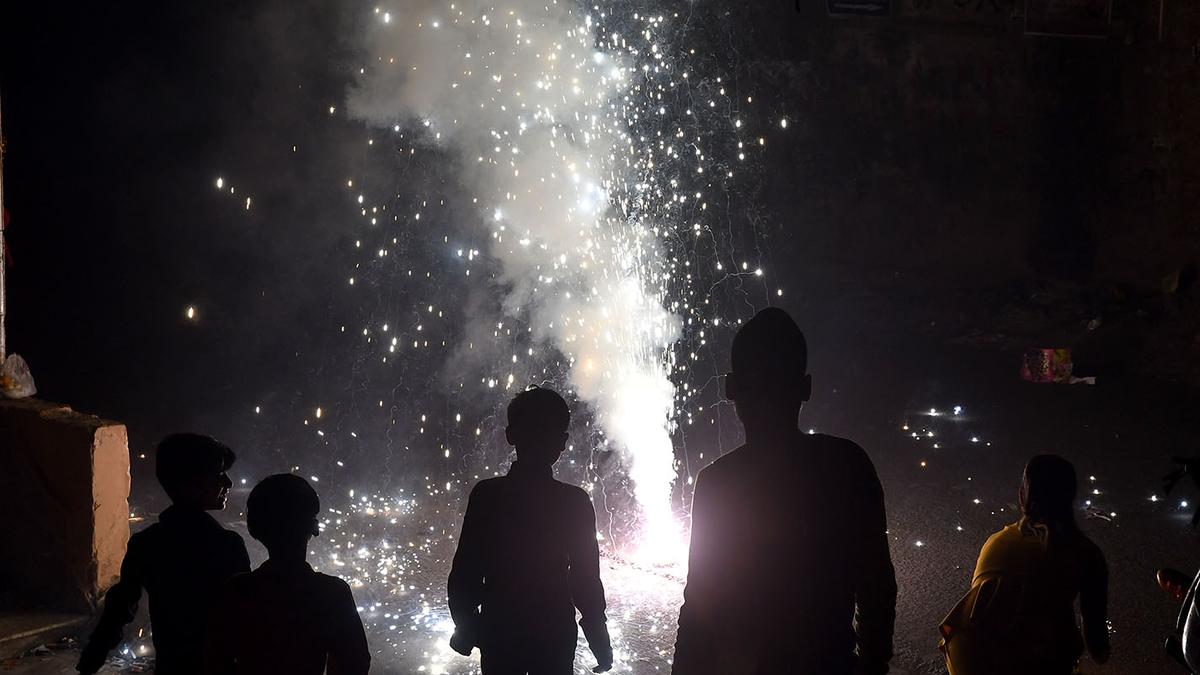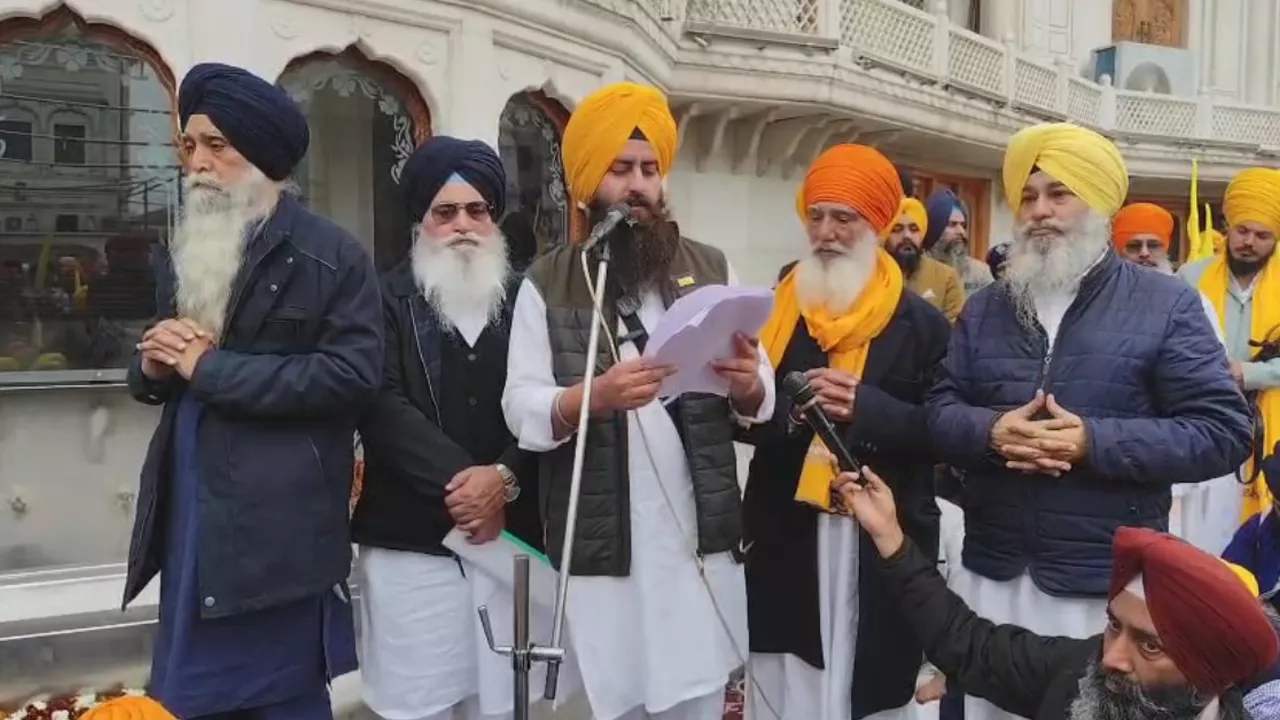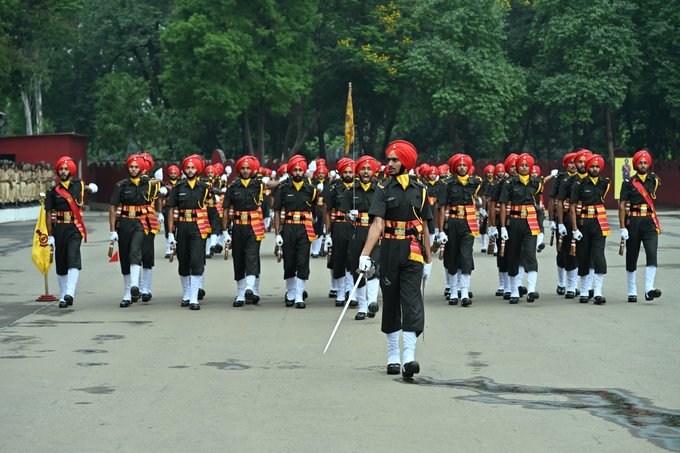According to the Punjab Pollution Control Board, Panjab has recorded a total of 241 stubble burning incidents between 15 Sep–18 Oct. The state had recorded 10,909 farm fires in 2024 and 36,663 in 2023. Yet, on the eve of Diwali (festival of lights), Bharatiya Janata Party convenor of Information Technology cell—propaganda platform—Amit Malviya blamed the pre-Diwali air pollution on Panjab’s straw burning. On 19 Oct, Delhi's air pollution—attributed to Panjab over the last decade—was 325 on the Air Quality Index (AQI). On the night of Diwali, after the crackers were burst, the AQI was 1768. On 15 Oct, the Supreme Court of India relaxed the ban on fireworks in Delhi and the National Capital Region (NCR) and allowed the sale of green fireworks. Neither did people from Delhi cease bursting crackers when they were banned earlier, nor did they follow any green norms this time. Meanwhile, a new study published by Assistant Professor Sujit Raghunathrao Jagadale and researcher Javed Shaikh from Indian Institute of Management Amritsar, published in the Journal of Macromarketing argues that stubble burning is not a reckless tradition but the by-product of policies, markets, and survival pressures that leave farmers with no alternative. The researchers found Minimum Support Price (MSP) on rice and wheat is a noose around the neck of the farmer. On the one hand, MSP offers income security but by incentivizing the cultivation of just two crops, MSP discourages diversification. With just two weeks between paddy harvest and wheat sowing, farmers see burning as the only practical, cheapest, and quickest option to clear fields. The state penalizes stubble burning, but its policies create the conditions that make burning straw inevitable. The second aspect is the commission agent who controls crop pricing, loans, and market access, often leaving farmers too indebted to invest in alternatives. The researchers call for creating a value chain for stubble—assured prices, markets for stubble-based products, energy plants using biomass, and cash subsidies for transport. Jagadale said cash incentive per acre could motivate farmers to switch to sustainable practices (earlier coverage).


Like what you're reading? Subscribe to our top stories.
Liv Forum provides a digest of analysis on major issues facing Indian (East) Panjab and Sikhs globally.
In accordance with our Privacy Policy, we will never share or sell the information of our subscribers.






